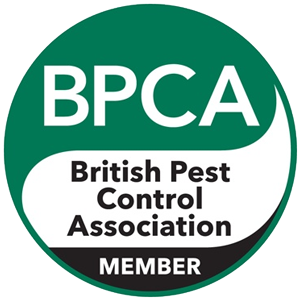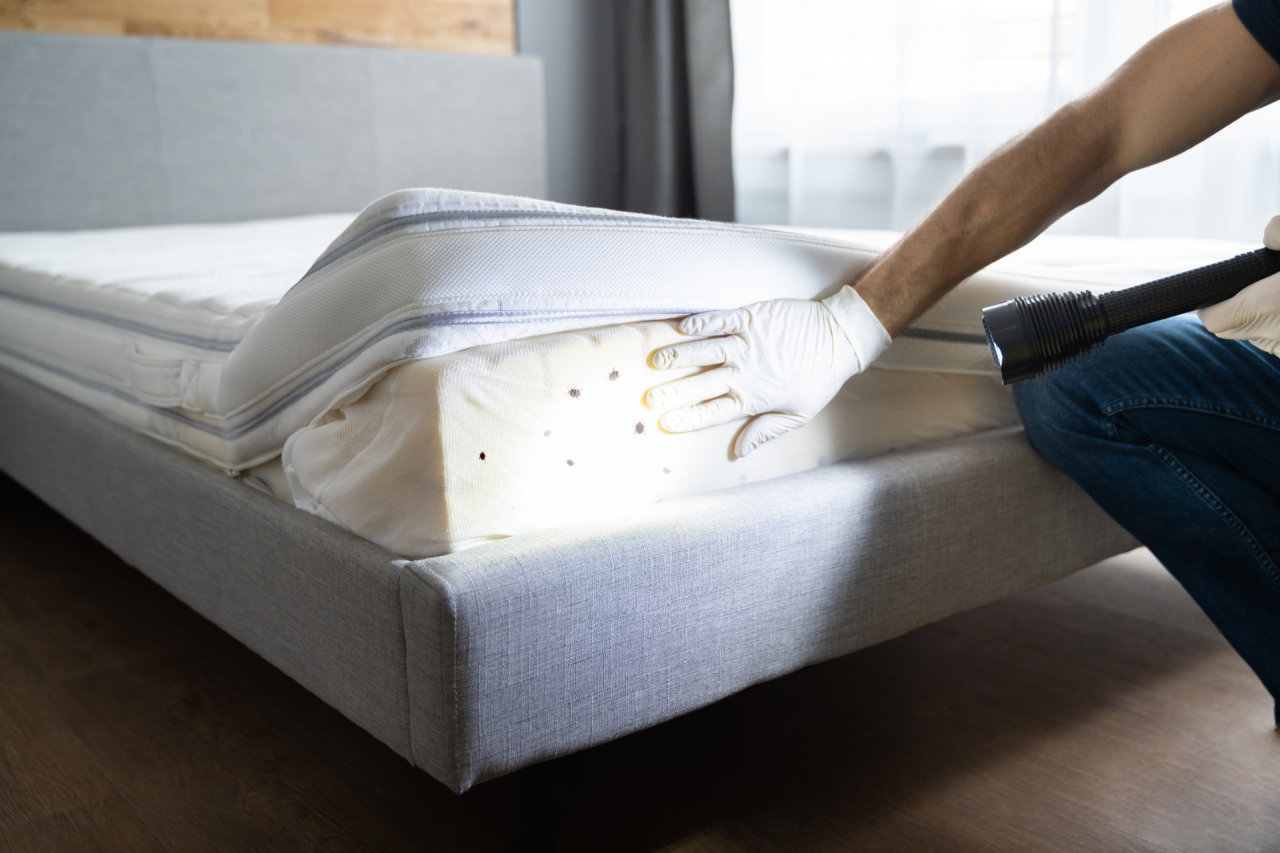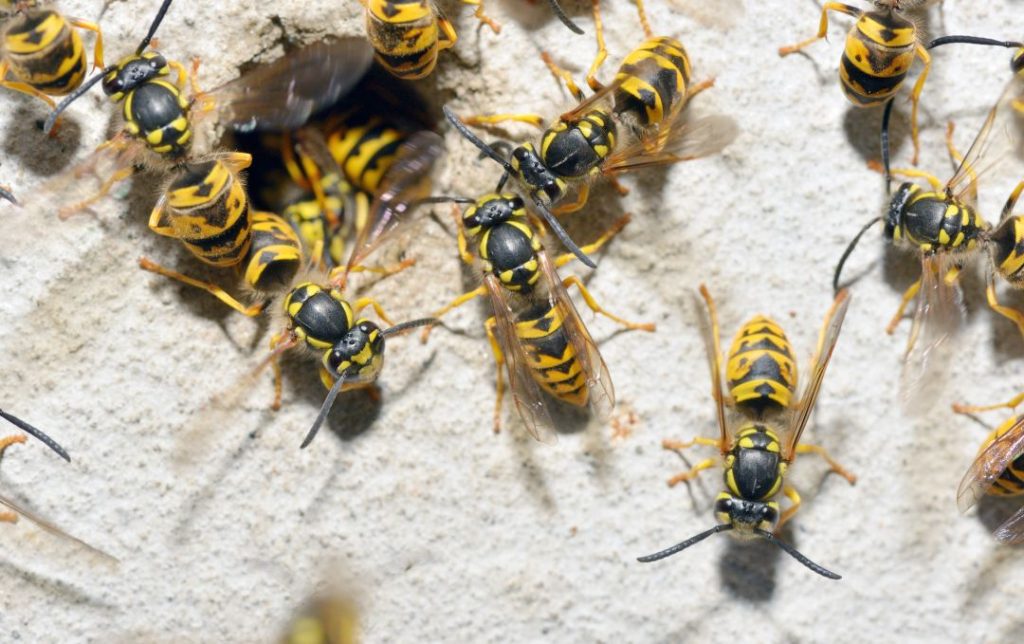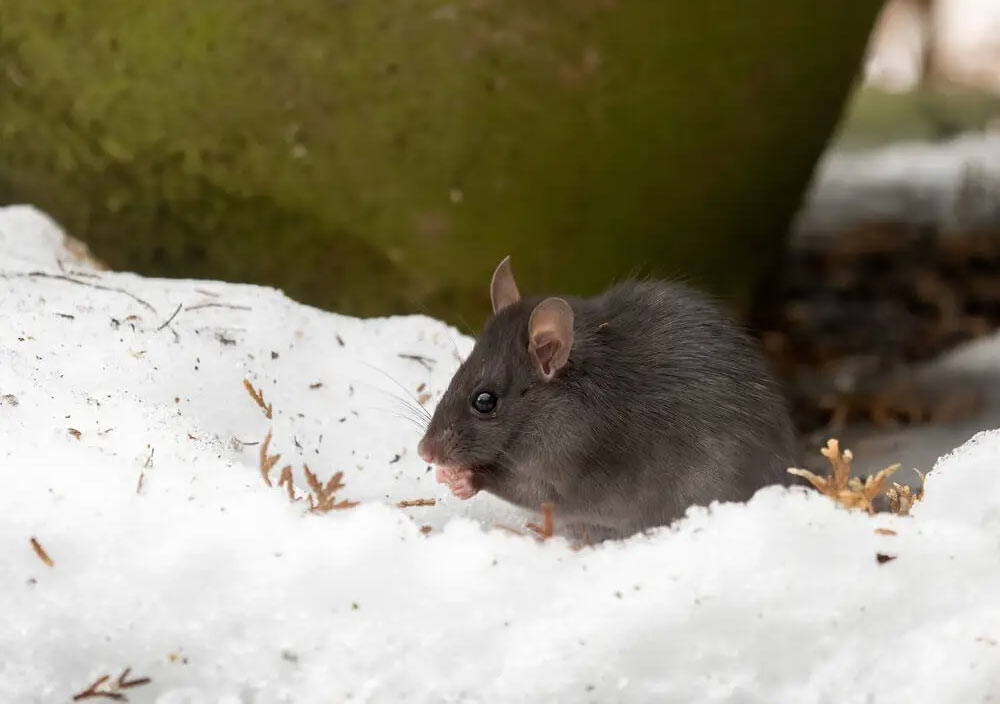DIY pest control is becoming more and more popular with homeowners wanting to tackle minor pest problems for a cost effective and convenient solution.
From traps and sprays to natural remedies, there are more DIY options than ever to deal with pests yourself. For many this hands on approach is empowering, it gives you control over household issues.
But there are times when even the most determined DIY efforts will fail. Knowing when to step back and call in a professional is key to protecting your home and health. In this blog we’ll look at the balance between DIY pest control and professional pest control so you know when to bring in the experts.
DIY Pest Control
DIY pest control means different things to different people, store-bought sprays, bait traps and homemade remedies like vinegar or essential oils.
These are readily available, relatively cheap and can give quick relief for common household pests like ants, flies or spiders. For minor or isolated problems DIY is a great first line of defence.
The appeal of DIY pest control is its simplicity and immediacy. Whether it’s sealing a crack to block entry points or setting up traps for rodents these small efforts can prevent infestations from getting out of hand.
But you need to understand the limitations of DIY and know when a pest problem is too big to handle alone.
The Dangers of DIY Pest Control
While DIY pest control seems simple, improper use of pesticides or traps can have unintended consequences. Misuse of chemicals can harm your family, pets and the environment. Without the knowledge to correctly identify and treat the pests, you can end up treating the symptom,s not the cause.
Another risk is making an infestation worse. Ineffective treatments can allow pests to multiply and you’ll end up with a bigger and more entrenched problem. This makes control harder and can cost more when professional help is required.
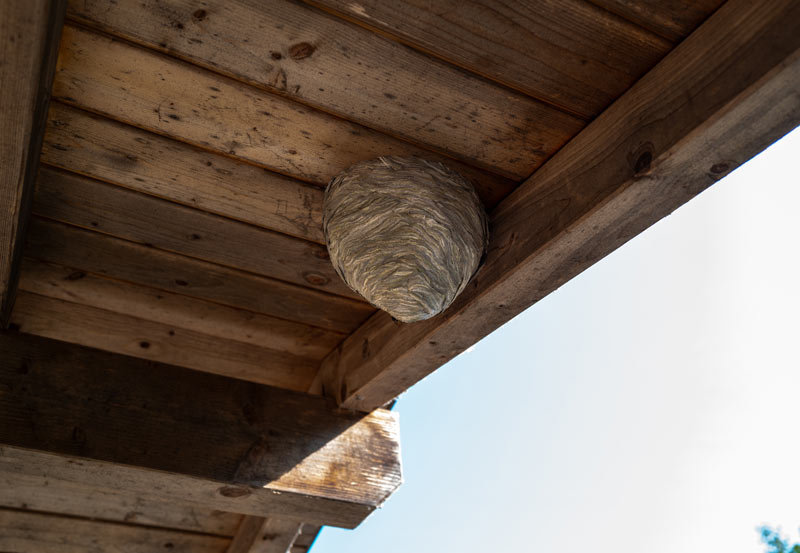
When DIY Works
DIY methods are fine for small manageable problems. A few ants in the kitchen, a single wasp nest in the garden or the odd spider are examples where store bought solutions or natural deterrents can work.
Preventative measures like keeping food sealed and disposing of waste quickly can also reduce the likelihood of pest problems.
Non-invasive methods like traps or deterrents are great for minor pest problems. Regular maintenance like sealing cracks and gaps or keeping areas dry can prevent pests from getting a foothold.
Knowing when to use DIY and monitoring how they work is key to making them a solution that works.
Warning Signs You Need Professional Help
One of the biggest signs that DIY is not working is when the problem persists despite multiple attempts to fix it. Recurring infestations or signs of pests in multiple areas of your home means a bigger problem that requires professional expertise.
If you see structural damage like chewed wires or weakened wood it’s time to call in the experts.
Some pests like wasps, bed bugs or termites can be a health or safety risk and should not be handled without professional intervention.
Large-scale infestations with lots of droppings, multiple nests or widespread damage are often too big for DIY. In these cases, timely action from a pest control professional can prevent further escalation.
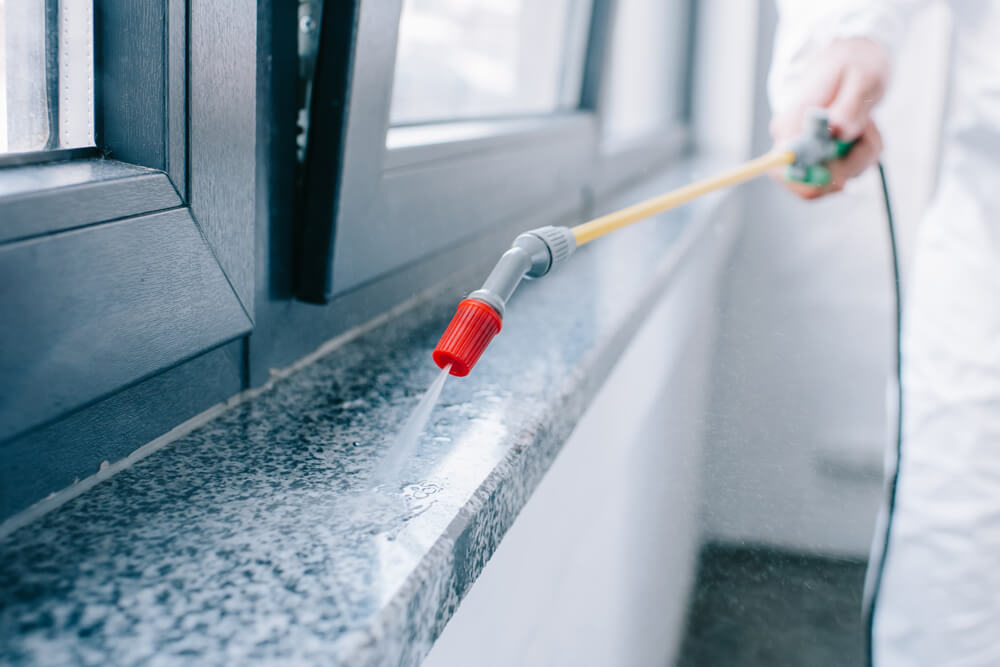
Why Professional Pest Control
Professional pest control services have advantages over DIY. Trained experts can correctly identify the pest species and apply targeted solutions to the specific problem.
They have access to advanced tools and techniques not available to the general public so results are effective and long lasting.
They also prioritise safety, using methods that protect your family, pets and the environment. By addressing the cause of the infestation they can prevent future problems.
Hiring a professional saves time and gives you peace of mind knowing the problem is being handled by experts.
How to Choose the Right Pest Control Professional
Choosing a reputable pest control service is key to getting results. Look for licensed and certified professionals with experience in many types of pests. Read customer reviews and testimonials to see the quality of their work and customer satisfaction.
Also ask for detailed quotes and treatment plans before committing to a service. Many good companies will offer eco-friendly or humane pest control options which may suit your values. You’ll find a reliable partner to manage your pest problems by doing this.
DIY and Professional Pest Control
A proactive pest control approach combines DIY methods with professional services. Regular home maintenance like sealing entry points and keeping clean can reduce the likelihood of infestations.
These simple actions support professional treatments by reducing the attractants.
Professional services can also provide ongoing support, such as regular inspections or tailored advice for your home. By balancing prevention and professional intervention, you can have a pest-free home without unnecessary costs.
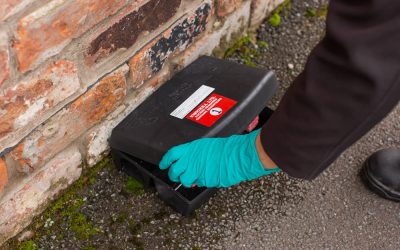
Summary
DIY pest control is a good solution for minor pest problems and is affordable and convenient. But knowing when to call a professional is key to dealing with bigger or more persistent problems.
Knowing your limits can save time, money and health risks.
If you have a pest problem or are unsure what to do, don’t wait to get professional help. A good pest control service can give you the expertise and solutions to protect your home and give you peace of mind. Contact us today for more details.

